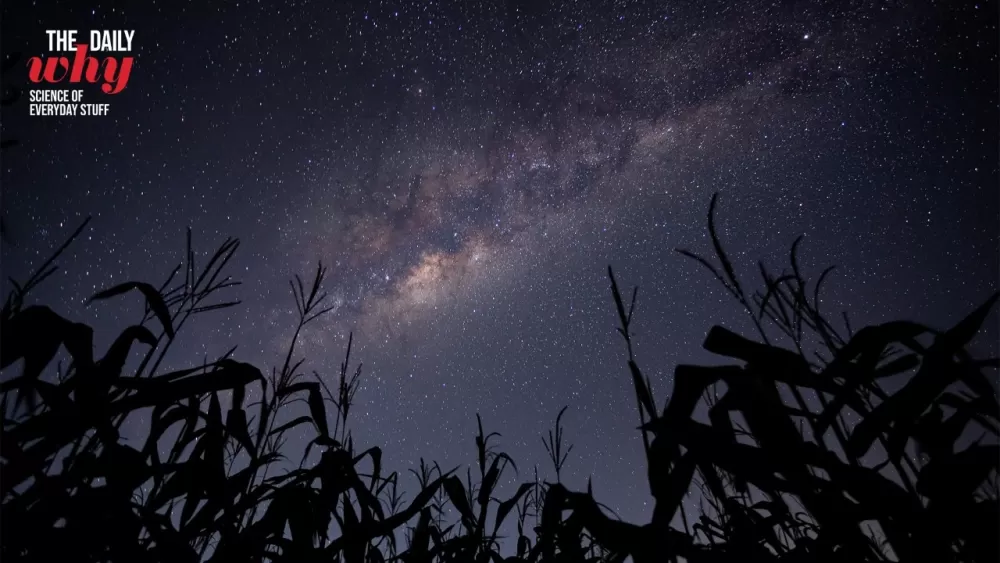Return to Derry: Unpacking the Dark Origins of Pennywise's Reign
- Nishadil
- October 27, 2025
- 0 Comments
- 4 minutes read
- 48 Views
- Save
- Follow Topic

Pennywise's Prequel: 'Welcome to Derry' is Coming to Max
Step back into the ominous town of Derry as the highly anticipated 'Welcome to Derry' series, a prequel to the chilling 'It' films, prepares to unleash Pennywise's origins on Max. Discover when and where to catch this dark new chapter.
Ah, Derry, Maine—a place that, for many of us, conjures up an immediate shiver down the spine. It's not the charming, idyllic New England town one might imagine, no; instead, it’s a name synonymous with dread, with balloons floating just a little too menacingly, and, of course, with Pennywise the Dancing Clown. For years, we’ve watched the Losers’ Club confront this ancient evil, but haven't you ever wondered, truly, about the darkness that festered long before their bikes hit the pavement?
Well, good news for the morbidly curious and horror aficionados among us: Max is indeed taking us back to where it all began with "Welcome to Derry." This isn't just another installment or a retread; it's a deep dive, a prequel series, designed to pull back the curtain on the unsettling history of that cursed town and, crucially, to explore the very origins of Pennywise himself. Honestly, the anticipation for this one—it’s almost palpable, isn't it?
So, when can we expect this new chapter of terror to unfurl? Mark your calendars, or at least keep them in mind for a bit: "Welcome to Derry" is slated to premiere sometime in 2025 exclusively on Max. Yes, it’s a bit of a wait, but if the cinematic It films were any indication, this kind of meticulous, horrifying world-building simply can’t be rushed. Good things, or perhaps, terrifying things, come to those who wait, you could say.
Who's at the helm, steering us back into the abyss? The very same masterminds who brought us the recent, critically acclaimed It films: Andy Muschietti and Barbara Muschietti. They're back, serving as executive producers, and Andy is even directing multiple episodes, including the pilot. It’s a creative team that genuinely understands the nuanced horror and emotional depth of Stephen King’s universe, and that, in truth, is a massive relief. Joining them is Jason Fuchs, co-developer and writer, helping to shape this narrative tapestry of fear. Even Stephen King himself has reportedly given his blessing, which, for fans, is pretty much the ultimate seal of approval.
The series, set in the 1960s, is designed to flesh out the events leading up to the 2017 It movie. We're talking about exploring the foundational evils, the cycles of violence, and the ancient pacts that bind Derry to its malevolent entity. And speaking of that entity, while Bill Skarsgård hasn't been officially confirmed to reprise his iconic role as Pennywise, one can certainly hope. After all, he is Pennywise in many minds now, an indelible part of the modern horror landscape. Imagine his chilling return—it's a thought that simultaneously excites and unnerves, isn't it?
But who else will be stepping into the haunted shoes of Derry’s residents? The cast is already looking impressive, featuring talents like Taylour Paige, Jovan Adepo, Chris Chalk, and James Remar, alongside Stephen Rider and Madeleine Stowe. These actors will undoubtedly bring fresh faces and compelling performances to the eerie backdrop, fleshing out the human stories intertwined with the supernatural horror. They’ll be the new eyes through which we witness Derry’s descent.
Ultimately, "Welcome to Derry" promises not just scares, but a rich, textured exploration of how a town becomes so deeply cursed, so profoundly broken. It’s an invitation to understand the ancient evil that lurks beneath, to witness its genesis and its relentless grip. So, prepare yourselves, dear readers. Derry is calling, and honestly, you might not want to answer, but you’ll probably find yourself compelled to watch anyway. After all, who can resist a good, terrifying origin story?
Disclaimer: This article was generated in part using artificial intelligence and may contain errors or omissions. The content is provided for informational purposes only and does not constitute professional advice. We makes no representations or warranties regarding its accuracy, completeness, or reliability. Readers are advised to verify the information independently before relying on
















